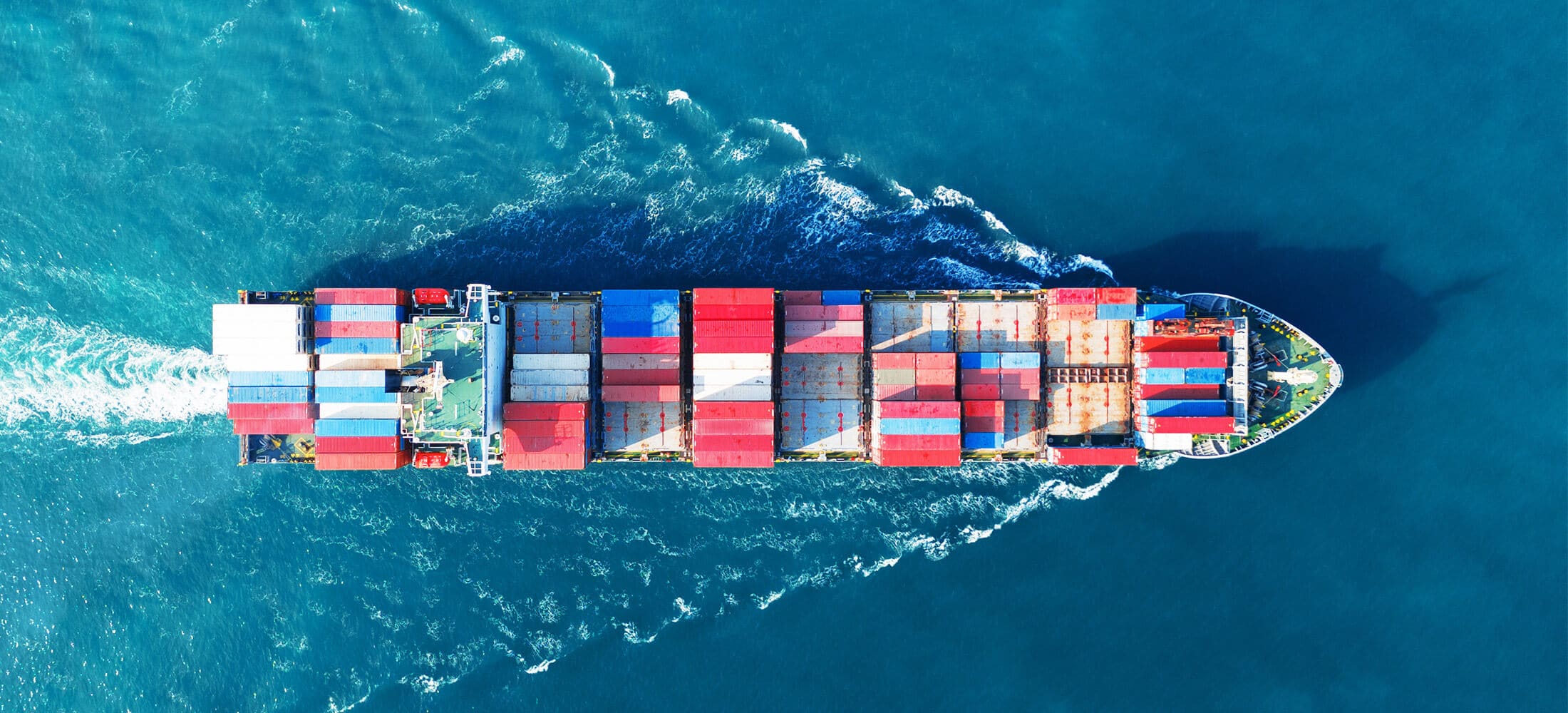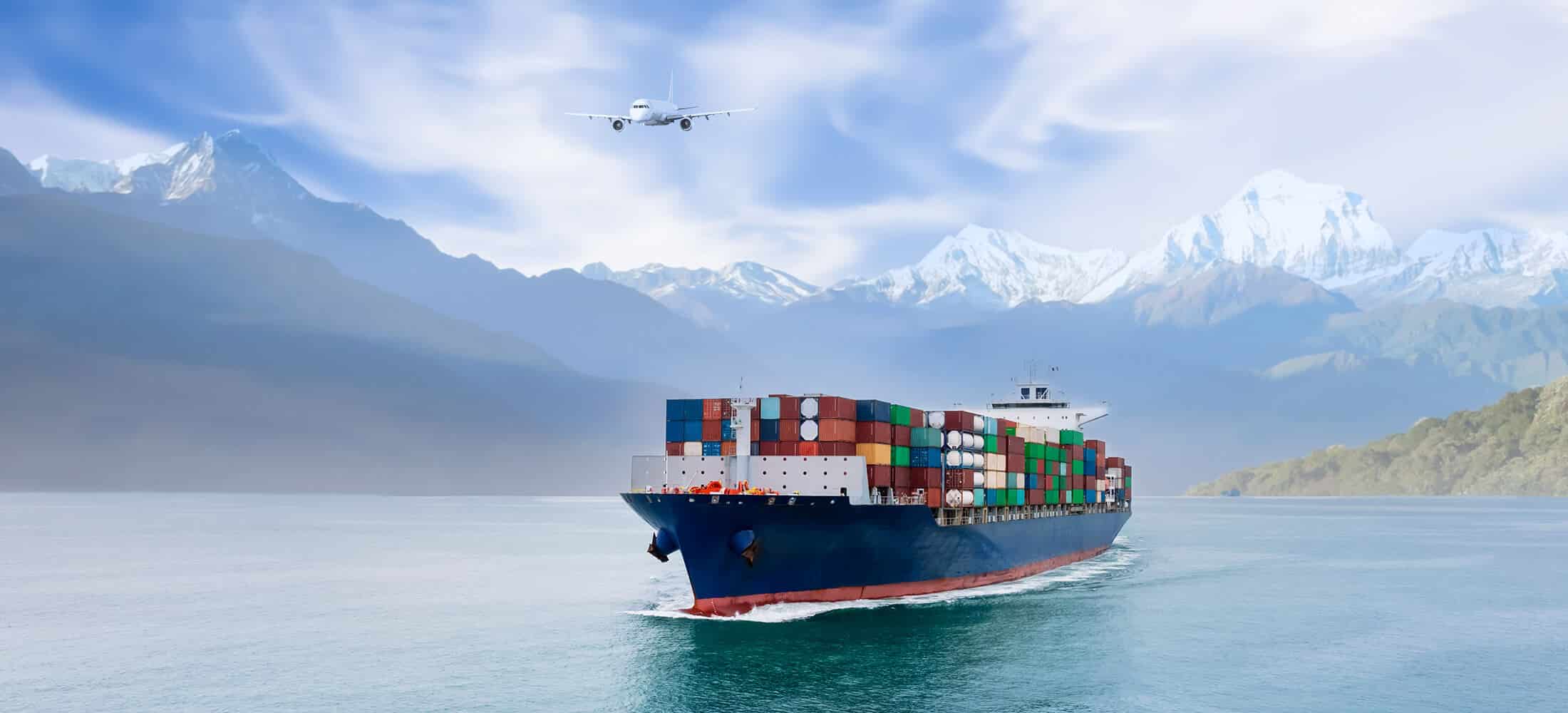For years, sustainability in shipping has been discussed as an ambition rather than an achievable goal. Now, as global trade faces increasing environmental scrutiny, the conversation is changing.
Regulators, carriers, and customers are all pushing towards a more sustainable model of ocean transport. The question is no longer if shipping can become greener, but how soon that vision can be achieved.
This article looks at what progress has been made, what remains challenging, and whether truly sustainable ocean freight is now within reach.
The Drive for Change
The shipping industry moves around 80 percent of world trade by volume, yet it accounts for nearly three percent of global greenhouse gas emissions. The International Maritime Organization (IMO) has committed to reaching net zero by 2050, and many carriers are already taking steps to align with that target.
At the same time, customers are becoming more selective about who handles their cargo. Many businesses now include environmental performance in their supplier assessments. Green shipping is no longer a marketing advantage; it is becoming an expectation.
Alternative Fuels Gain Ground
The most significant shift towards sustainability is happening in fuel technology. Traditional heavy fuel oil is being replaced with cleaner alternatives such as liquefied natural gas (LNG), methanol, and biofuels. These options can reduce emissions considerably, though each comes with its own challenges.
Biofuels are gaining popularity because they can often be used in existing engines without major modifications. Green methanol and ammonia are seen as promising long-term solutions but require new infrastructure and large-scale investment before they can be widely adopted.
For now, a combination of transitional fuels and improved efficiency is helping to bridge the gap between today’s fleet and a carbon-neutral future.
The Role of Digital Technology
Technology is playing a growing part in sustainable shipping. Artificial intelligence and predictive analytics are now used to plan routes that minimise fuel use, taking into account weather, currents, and port conditions.
Slow steaming, which involves sailing at reduced speeds to conserve energy, has also become more common. It lengthens transit times slightly but significantly cuts fuel consumption. Together, these strategies reduce environmental impact without the need for radical changes to vessel design.
Ports Become Part of the Solution
Ports around the world are adapting to support greener shipping. Many now offer shore-side electricity so vessels can switch off their engines while docked. Others are investing in automation, renewable energy, and improved scheduling to reduce waiting times and idle emissions.
These local improvements make a global difference. A more efficient port network means lower emissions across the entire supply chain.
The Challenges That Remain
Despite progress, several obstacles remain before sustainable shipping can become standard practice. Alternative fuels are still expensive, infrastructure varies widely between regions, and regulations continue to evolve.
However, industry cooperation is increasing. Major shipping alliances, technology firms, and governments are now working together to accelerate the transition. Each small innovation brings the industry closer to genuine decarbonisation.
Looking Ahead:
Sustainability in shipping is no longer a distant goal. The industry is moving from promises to progress, supported by innovation and collaboration. While complete transformation will take time, the direction is clear.
For businesses, this shift presents both responsibility and opportunity. Choosing logistics partners that prioritise sustainability helps reduce environmental impact while future-proofing supply chains.
At Oceanside Logistics, we are committed to helping clients move goods efficiently and responsibly. Our services are designed to support businesses working towards a cleaner global supply chain. If you would like to discuss this further please contact us to arrange a consultation with one of our experts.









